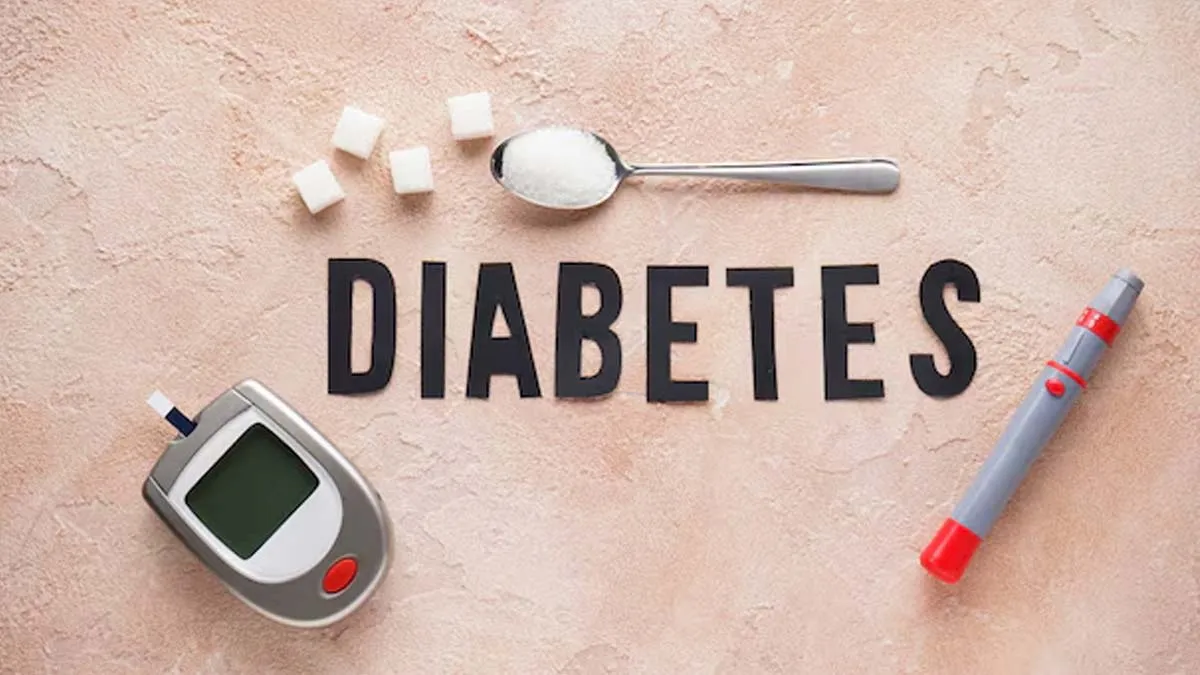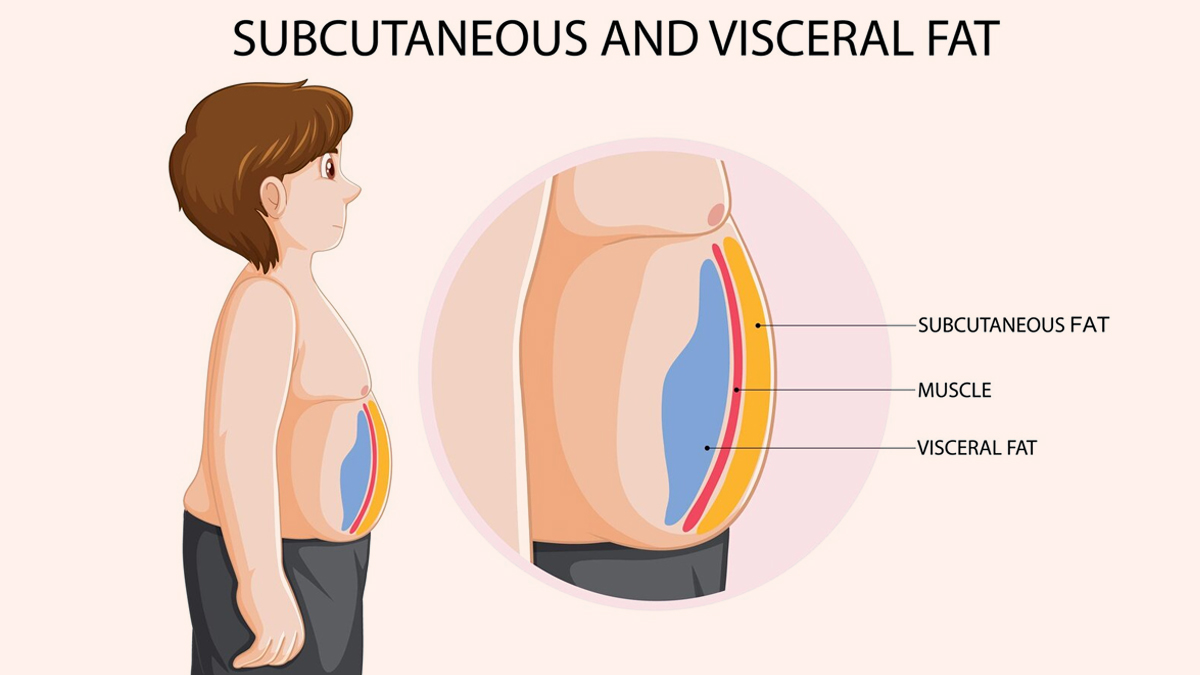
Obesity is often linked to diabetes, but not everyone carrying extra weight develops the condition. If weight alone were the deciding factor, every obese person would be diabetic, but that is not the case. So, what makes the difference?
Table of Content:-
Dr Ankita Tiwari, Consultant - Dialectologist and Endocrinologist, Manipal Hospital, Bhubaneswar, explains that diabetes is influenced by multiple factors beyond body weight. It involves insulin resistance, fat distribution, muscle mass, genetic propensity, and metabolic health. All of these physiological and genetic determinants have a significant impact. Understanding the interactions among all these physiological and genetic determinants may help clarify why.
What Do We Mean by Insulin Resistance?

Obese people are more likely to have a higher percentage of body fat, which can lead to increased insulin resistance. "As cells become resistant to insulin, the body secretes more insulin to keep blood sugar levels normal. Eventually, though, this compensatory mechanism breaks down, resulting in diabetes. The level of insulin resistance is different for everyone, though, and some obese individuals will remain sensitive to insulin, preventing diabetes," explained Dr Tiwari.
Significance of Visceral Fat Vs Total Body Mass

It's not how much total body mass there is, but where the fat is deposited, that influences diabetes risk. Visceral fat, deposited around the abdominal organs, is strongly linked to insulin resistance and metabolic impairment.”
On the other hand, subcutaneous fat, found just under the skin, has a weaker impact on metabolic health. A person with a high level of subcutaneous fat and relatively low visceral fat may be at lower risk for diabetes than someone with diabetes-inducing high visceral fat but lower total body weight," added Dr Tiwari.
Also Read: Addressing India's Diabetes Dilemma: Never Too Early To Test But May Be Too Late To Treat
Importance of Muscle Mass and Physical Activity

Muscle mass offers defensive action against diabetes. Skeletal muscles are crucial for glucose uptake and utilisation, mitigating insulin resistance. "People who are physically active and preserve good muscle mass may increase their insulin sensitivity, which ultimately reduces their risk of diabetes," said Dr Tiwari.
An individual who is obese but who exercises regularly will be less prone to diabetes than someone of normal weight who is sedentary but purely genetically predisposed to diabetes.
Placentation and Teratogenic Factors
“Diabetes development is also largely influenced by genetics. While some people with a normal or low body mass index may still have a strong inherited predisposition to diabetes, others may have a genetic makeup that protects them from insulin resistance, allowing them to remain metabolically healthy despite obesity,” explained Dr Tiwari.
Also Read: Can Weight Gain Affect Your Blood Sugar Levels? Doctor Explains
Fatty Liver and Metabolic Health

"Non-Alcoholic Fatty Liver Disease (NAFLD) is usually linked to obesity and insulin resistance. A fatty liver disrupts glucose metabolism and raises the likelihood of developing diabetes. However, not everyone with obesity develops NAFLD, and those without fatty liver have a lower risk for diabetes," explained Dr Tiwari.
According to a 2022 study, NAFLD is linked to a twofold increase in new-onset diabetes. It could pose a diabetes risk even for individuals who are of normal weight or underweight.
Bottomline
Dr Tiwari concluded, "Diabetes development is multifactorial and not solely determined by the amount of fat mass. Visceral fat accumulation, muscle mass, genetic predisposition, and how much insulin you produce matter significantly. Obesity predisposes to diabetes, but ongoing activity, preserved muscle mass, and good genetic predisposition can prevent disease. This sheds light on the reason why some obese people are metabolically healthy while others, including lean individuals, become diabetic, owing to genetics and lifestyle."
[Disclaimer: This article contains information provided by an expert and is for informational purposes only. Hence, we advise you to consult your professional if you are dealing with any health issue to avoid complications.]
Read Next
Diabetes In Your 30s? Risky Habits Affecting Young Indians And Essential Prevention Tips For Gen Z
How we keep this article up to date:
We work with experts and keep a close eye on the latest in health and wellness. Whenever there is a new research or helpful information, we update our articles with accurate and useful advice.
Current Version